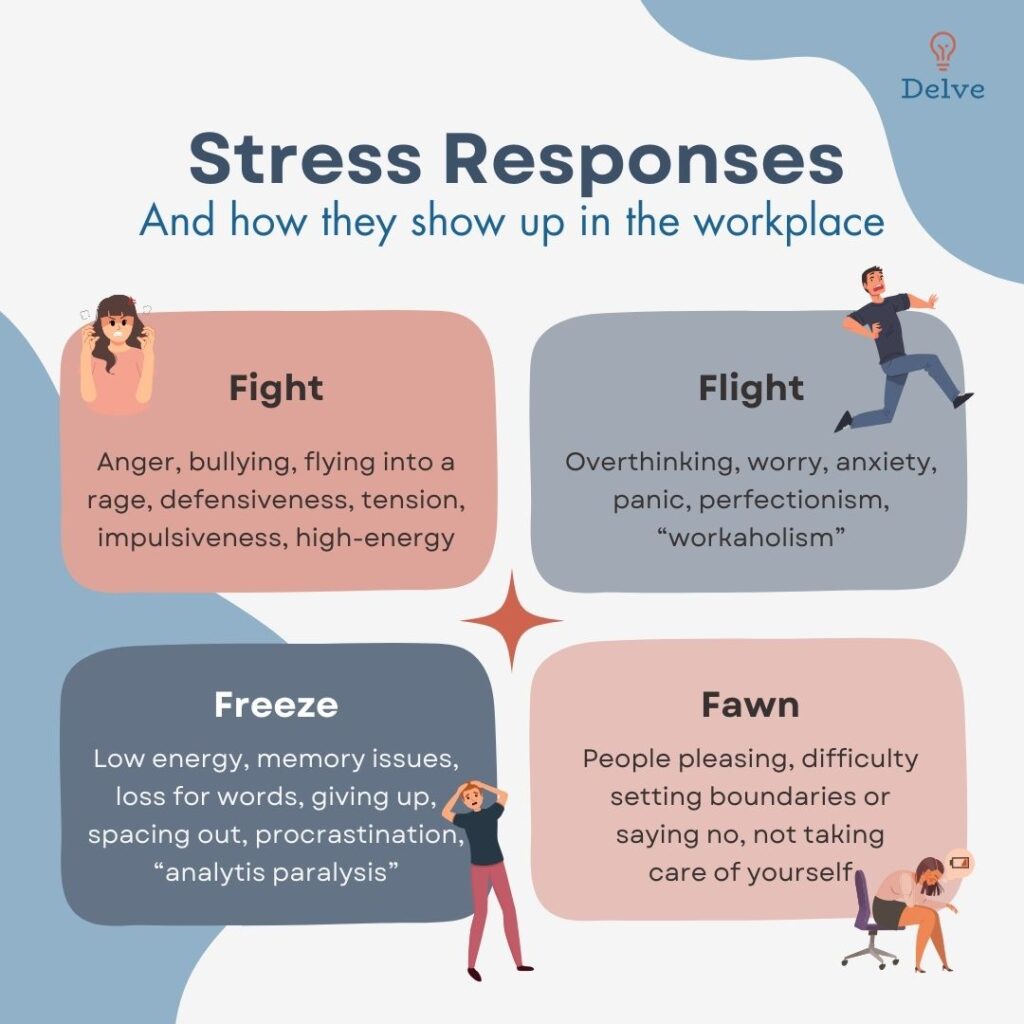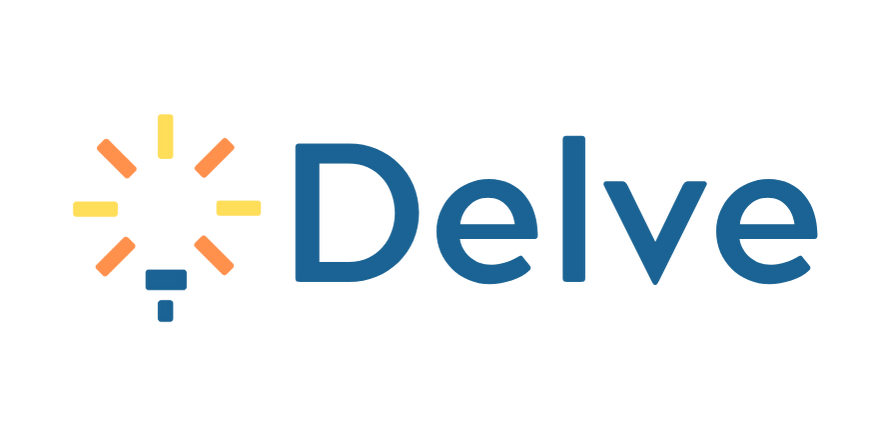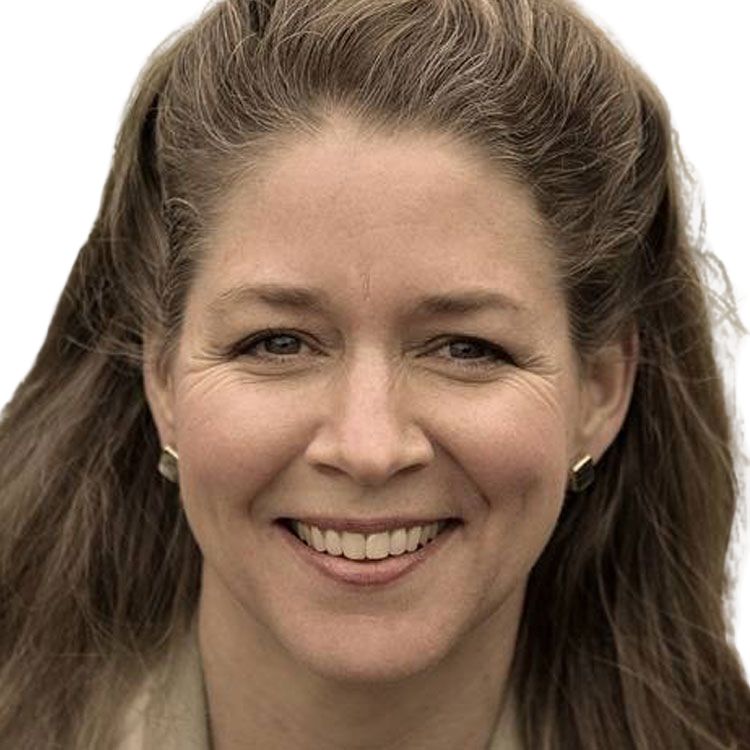Being coached is challenging.
During coaching, you will be asked to examine your own beliefs and behaviors. You will explore different perspectives and [hopefully] experiment with actions that can help you attain your professional goals.
When you inevitably make mistakes — because you are learning — you will need to be able to pick yourself up and try again.
In other words, you will need to be resilient.
What does resilience look like?
Tolerance
Calmness
Curiosity
Willingness to experiment
Ability to make decisions
Openness to change or difficult feedback
Preparedness to provide honest assessments
In an ideal world, the culture of your company – the unwritten rules, how you and your colleagues relate to each other, the norms, the values – can help you move through the coaching process in this resilient state.
Is your company culture conducive to your resilience?
Delve executive coach Susan Auger specializes in resilience in employees and their organizations. She says that certain cultural elements are correlated to greater employee resilience, and by extension, success during the coaching process. To Susan, employers successfully foster employee resilience by:
Cultivating a culture based on a growth mindset, so that employees can change and grow
Encouraging continuous improvement
Looking at process and systems, not just individual tasks
Encouraging people to question the how and why, not just the what
Empowering decision-making at all levels
Tolerating mistakes while learning
Or… does it actively undermine it?
Conversely, Susan identifies the cultural elements that erode resiliency:
A fixed mindset or either-or thinking
People are interchangeable
Profit over people
Command and control leadership
Fear-based and low trust
Micromanagement or lack of empowered delegation
These cultural elements may cause an employee to feel overwhelmed and experience a “fight, flight, freeze, or fawn” response, particularly when under stress or faced with new challenges.

Or … is it somewhere in the middle?
Some companies say they value “resilience-friendly” behaviors, but their employees have a very different experience. For example:
An organization may value empowered decision making, but a team leader manages through command and control leadership.
A company may value risk-taking, but a manager refuses to explore their own mistakes, preventing the team from learning valuable wisdom from the experience.
Chris Argyris from Harvard Business School called this phenomenon “the espoused theory” (what people say they believe) versus “the theory in use” (how they actually behave).
Delve executive coach Deanna Rolffs has witnessed this phenomenon frequently in her coaching and strategic planning consulting. She says, “I see people struggle when organizational norms are not lived out or there is a dissonance.”
How to deal with the dissonance
Recognizing that there’s often not much that the individual employee can do to change their organization’s culture, Deanna helps her clients develop strategies to deal with the disconnect. She encourages her clients to face “the thing that is really true in our organizational culture – what we say about our values but what really shows up in behaviors.”
Deanna also challenges leaders.
She asks:
- “Does what you say about your values show up in your behaviors?”
- “Is something in the environment making your employees act in ways that are at odds with the espoused culture?”
Deanna says that leaders may benefit from working with a consultant to conduct mission, vision and values workshops. These programs can help leaders identify the gap between their stated values and the behaviors at play.
Susan adds, “While organization culture is an interdependent phenomenon, the mindset and behavior of leaders matter. Leaders should cultivate a shared definition of values, and they should walk the talk. This requires humility and introspection.”
Leaders may struggle to understand the importance of mission, vision and values work, but it can’t be overstated.
A culture that fosters resilience creates a virtuous cycle: Employees who can safely learn and grow in the coaching process will bring their new-found flexibility, adaptability, and other critical skills to help achieve company-wide objectives, in good times and in bad.
Moving forward together
A company culture that isn’t conducive to employee resilience can be challenging, but it is also an opportunity for growth – both for employees and their organizations.
For employees being coached, don’t give up. Work with a coach to identify and develop strategies to deal with potential “anti-resilience” organizational behaviors. At Delve, our coaches are experienced in navigating the contradictions that can exist in organizational life. If you would like to learn more about our executive coaches, reach out today.
For leaders whose company culture is ill-defined or in conflict with stated values, consider the downstream effect this has across your business. Building a culture that supports resilience and growth is valuable – not only to support the coaching process, but also to improve the day-to-day experience and effectiveness of your employees.
For help identifying, communicating and keeping employees accountable to your company values, reach out to Delve to learn more about our Mission, Vision, and Values workshops.



